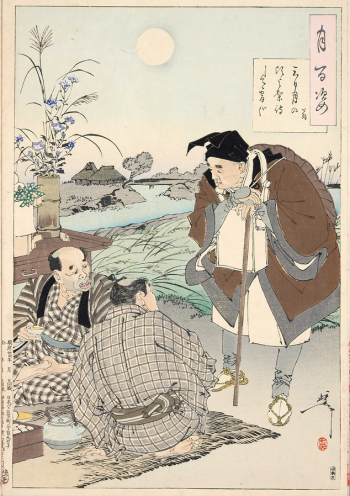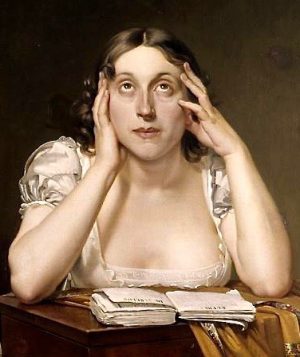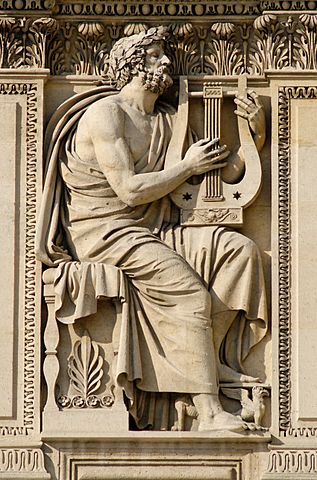George Herbert, "Prayer (I)" (25th Friend)
Today, we’ll meet Fr. George Herbert. Our friend was born in 1593, and educated at Westminster School and Trinity College, Cambridge. He served briefly in Parliament (1624-5), but retired from public life in 1626, due to health problems that plagued him for the rest of his life. He was ordained an Anglican priest in 1630.
I’ve only looked up a very broad overview of Fr. Herbert’s life, but Mario A. Di Cesare, editor of George Herbert and the Seventeenth-Century Religious Poets (my primary source for this post), says that Izaak Watson’s 1670 biography, “recounts many edifying tales which, if not strictly true, probably should be,” which certainly piques my interest in that book.


